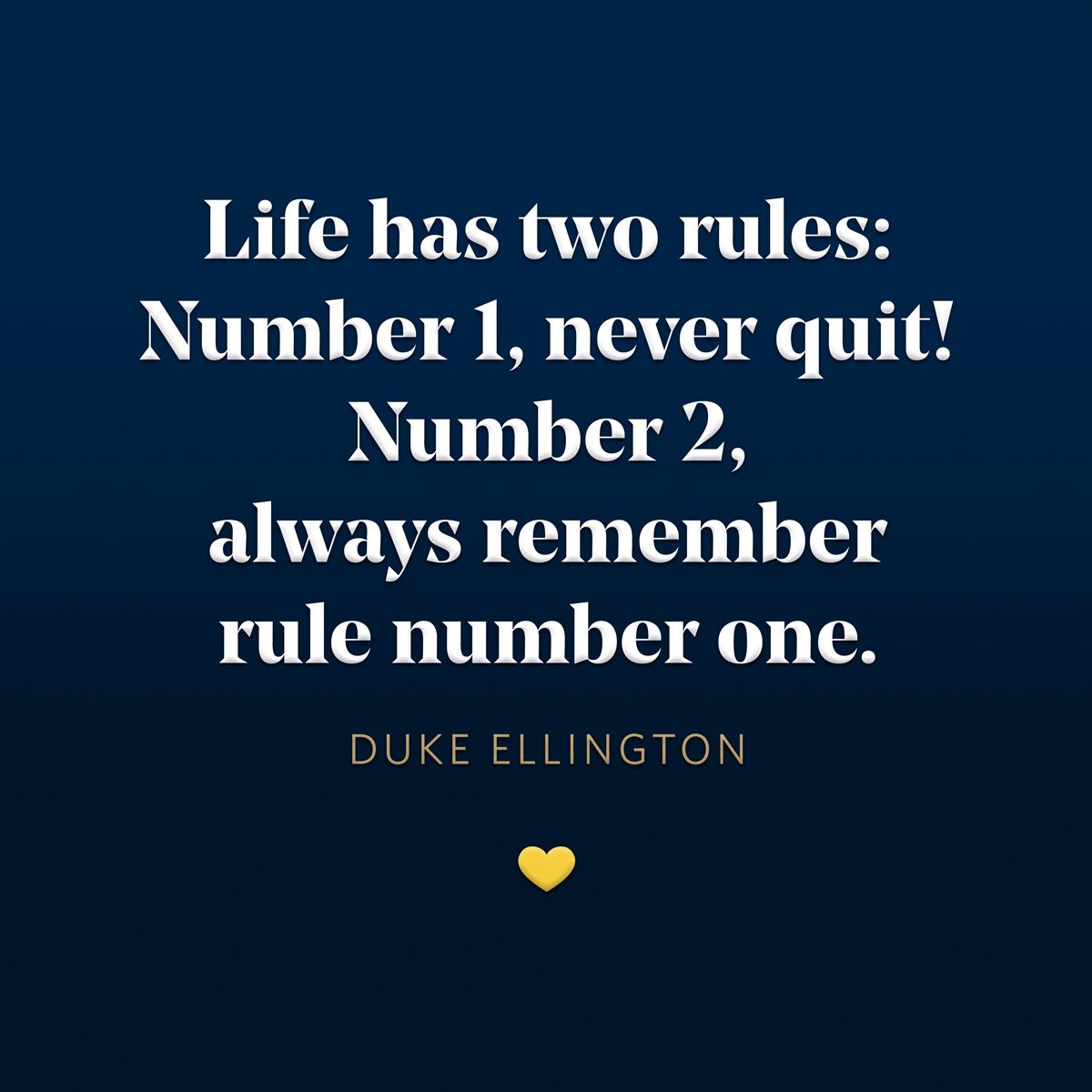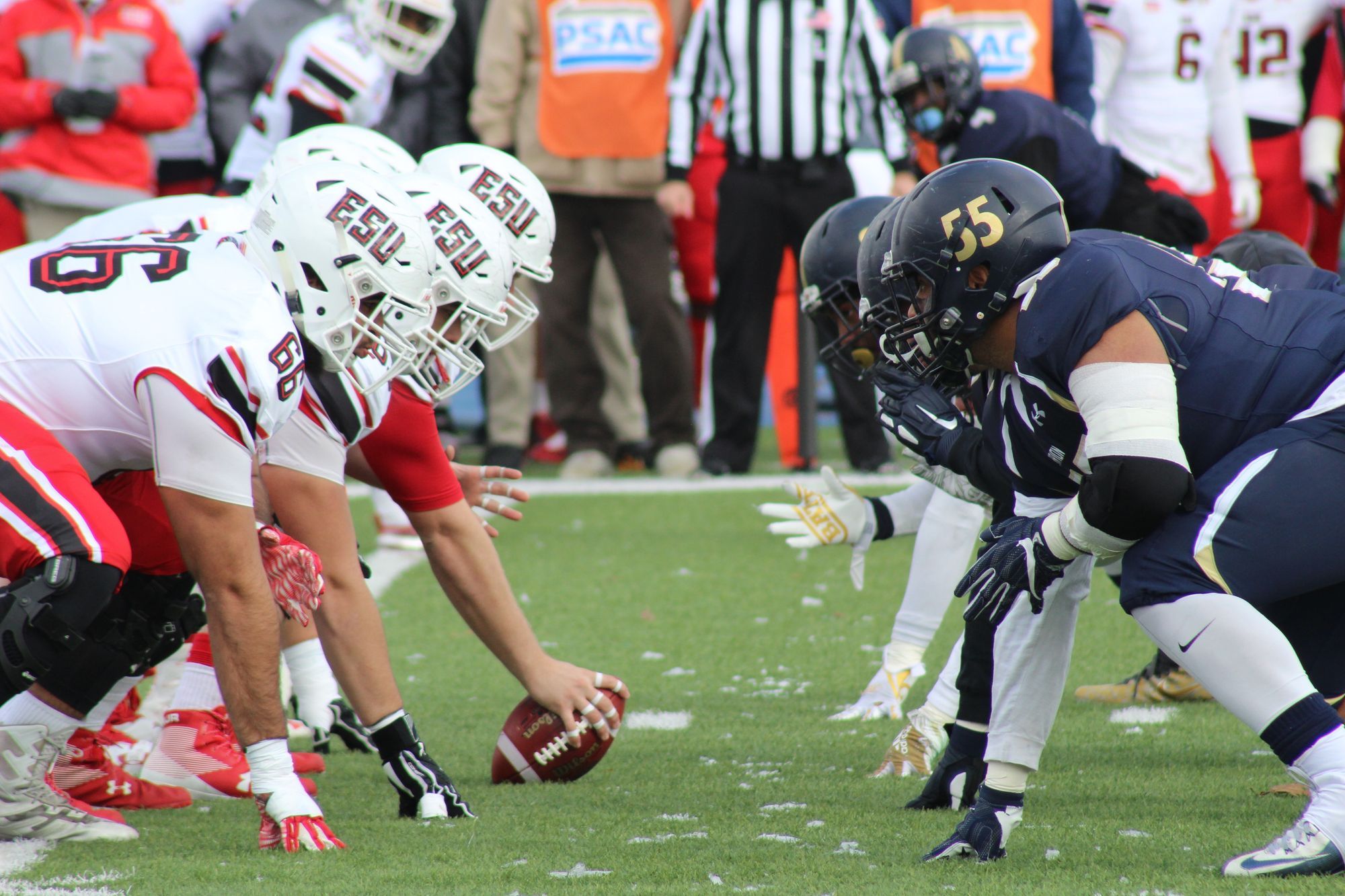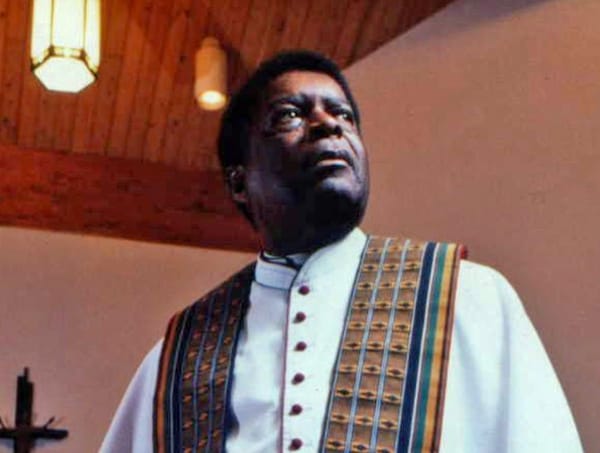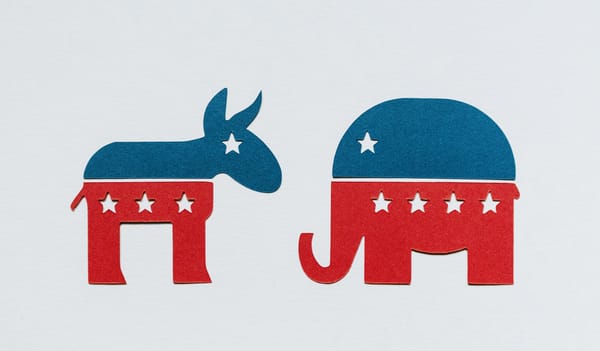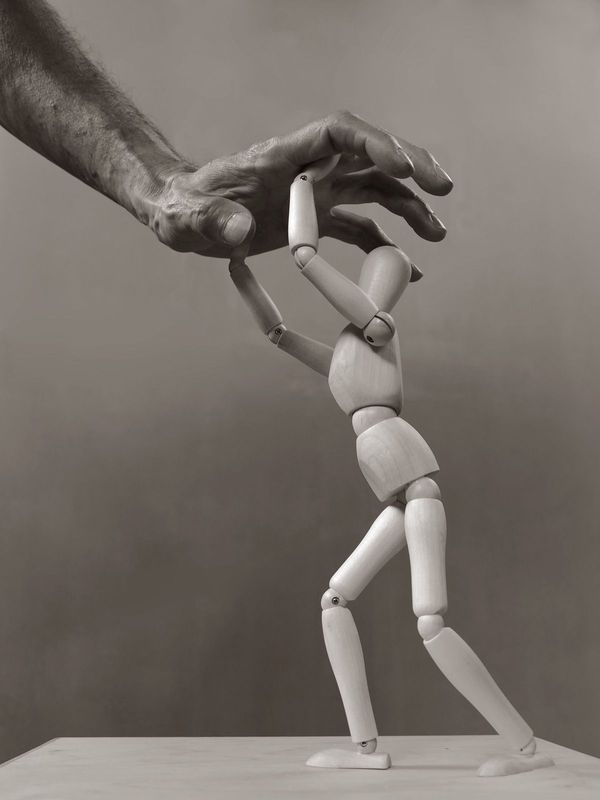Letter from the Editor
I have not lived in Los Angeles for at least fifteen years, but one thing I will never forget was the way people ingratiated themselves upon one another until it no longer served them or they got what they needed. And then, they were nowhere to be found. The practice was so prevalent Angelenos even had a name for it: flaking. Think ghosting, but without any romantic entanglements.
One of the main reasons Black, Indigenous, and People of Color are skeptical of allyship is because we have seen that plot line played out too many times, and rarely does it vary. The plot unfolds something like this: Enthusiastic and well-meaning white person shows up ready to aid the cause of the Black, Indigenous, Lead Character of Color who, after thoughtful consideration, provides the aspiring ally with the opportunity to serve. The said person suffers a few mistakes but eventually finds their footing. All goes well until . . . they get bored, the going gets tough, or worse, upholding their commitment becomes inconvenient. And the would-be ally vanishes without a trace.
Sometimes after getting involved in causes, the would-be do-gooder gains a clearer insight into the depth and breadth of racial inequities Black, Indigenous, and People of Color contend with. The realization that the scope of the problem is worse, bigger, and more pervasive than they previously thought overwhelms them. And in true Hollywood fashion, they tap out, leaving the marginalized person in a worse situation than before the support they depended on arrived.
Sadly, abandonment of service happens much more often than one would imagine. Why? Part of the reason is is tucked into my opening sentence: it no longer serves them. The thing is, allyship is not about the server it’s about the recipient and the service they receive.
In real life, many white folks aren’t committed to allyship for one simple reason: they don’t have skin in the game. They don’t have a vested interest in the success of a marginalized person’s endeavor. This isn’t always the case, but typically their dedication is optional. Whereas just about everything a Black, Indigenous, or Person of Color does is woefully impacted by biases others have about the color of our skin. Without being melodramatic, everything we do has life and death implications because race in America is a life-and-death proposition.
Sometimes authentic enthusiasm can lead to folks taking on more responsibility than they can manage and their efforts can become scattershot and ineffective. This invariably leads to burnout. With efforts stretched too thin between causes, serving as an ally can become performative. By that I mean the focus shifts from helping marginalized people achieve their goals to the recognition the ally receives for performing the service. I’m going to go full-on old school here for a second, but doing the right thing is its own reward.
As for the “something is better than nothing” mindset, Black, Indigenous, and People of Color can spot at fifty paces. And it’s as appealing as a turd in a punch bowl.
If your service as an ally doesn’t involve an investment of your time, energy, money, access, or influence — chances are your allyship has little value to the people you intend to serve. Serving as an ally is active, not passive. Going to a football game is great, but it’s not the same thing as playing on the team.
If you’re serious about flipping the script on this whole racial equity, allyship, and inclusion thing and you’re unsure of what to do, ask; knowing that for your service to have meaning and value, you have to have some skin in the game.
Love one another.
Clay Rivers
OHF Weekly Editor-in-Chief

Writing Prompt: Should Auld Acquaintance Be Forgot?

The Prompt
Every New Year’s Eve millions of people usher out the old year at midnight by singing the first verse and chorus of Scottish poet Robert Burns’ 1788 poem set to a Scots folk tune, “Auld Lang Syne.” The phrase translates roughly to for the sake of old times.
It’s often said that we risk losing the future if we linger in the past. True. But without taking an objective, critical, or even humorous look at the past, we commit ourselves to repeating the same mistakes in the future.
For this prompt, we’d like you to look back over 2022 and tell us about your year by writing about one, two, or all three of the following:
- Love It: A memory you’ll be sure to take with you into 2023
- Leave It: An incident you’re all too happy to leave behind in the annals of 2022
- Believe It: Something you’re looking forward to in 2023.
Yes, Our Human Family focuses primarily on racial equity, allyship, and inclusion. Feel free to let our niche inspire you. But we’re inviting you to stretch the boundaries, if you feel the need, and tell us about your lived experience in today’s world. If you’re so inclined, tell your incident in just a few sentences OR expound to your heart’s content. The choice is yours.
Submission Guidelines
If you’ve been a writer for OHF Weekly, you know the drill. Just write your article, submit it as a draft, and be sure to include the Happy New Year in the subject field. First-time OHF writers, everything you need to know can be found in our Submission Guidelines (we’ll waive the packet requirement for this prompt) and email us at submissions [at] ourhumanfamily.org.
NOTE: As a nonprofit, OHF can neither endorse nor oppose political candidates — yeah, we know there are so many who warrant discussion. But you may address specific policies.
Deadline
Monday, December 19, 2022. We’ll publish them beginning Tuesday, December 20 through Tuesday, January 3, 2023.

Our Giving Tuesday Update
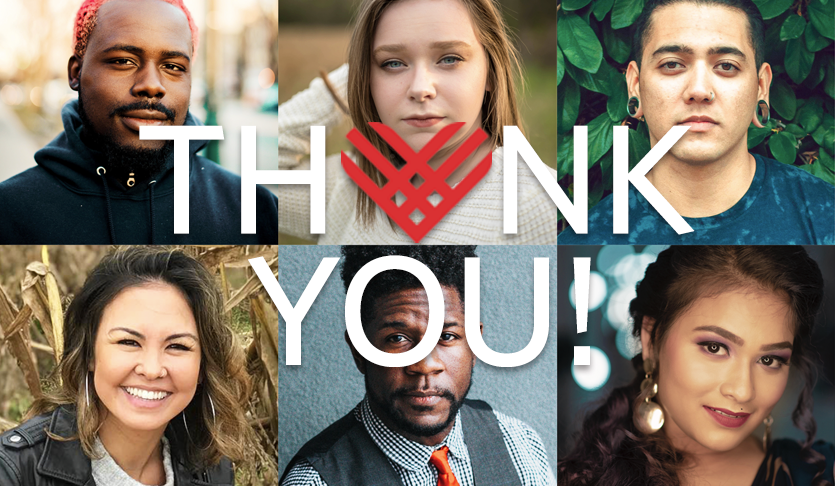
To our much-beloved donors, thank you for taking part in the global generosity movement by supporting Our Human Family. Giving Tuesday 2022 has officially ended. We have a bit of good news to share.
Because of your generosity, we have met and exceeded this year’s $1,000 goal by $110. More good news is that our fundraiser will be accepting donations through December 10 and Meta (Facebook) will match your tax-deductible donation up to $100.
Again, we extend a major shout-out of gratitude to this year’s donors! And to those potential donors watching from the sideline . . . you still have time to make a tax-deductible donation.

Final Thought
